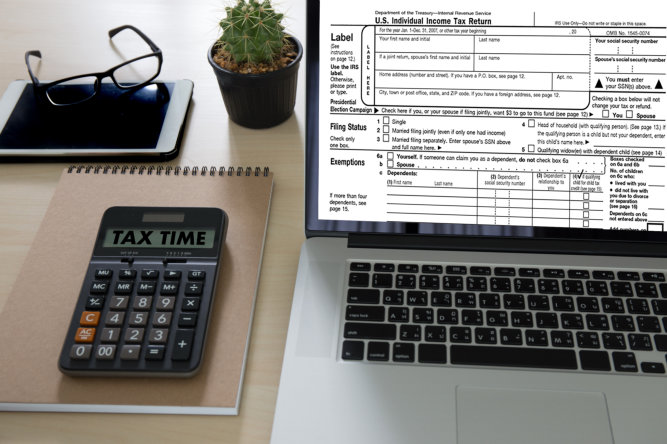
Category Archives: Stimulus Money

States Giving Out More Stimulus Money
We can help you get your stimulus money. Call us (213) 418-9600 or (866)542-9551 Below are states that are giving out stimulus money. California California has authorized payments of $600 to qualifying taxpayers in the state who make under...
Read More ›
I Did Not Get My (1st) First or (2nd) Second Stimulus...
If you have not received your first or Second Stimulus Payment, no problem. Call Us @ (866)542-9551 or email us at lapremiertax@gmail.com | We will file a CLAIM i.e. tax return for you. Get Your Stimulus Money - Call Us Today...
Read More ›
Get Your Stimulus Money
Third Round of Economic Impact Payments Status Available IRS is issuing the third payments in phases. Find when and how we sent your third Economic Impact Payment with the Get My Payment application. Get My Payment updates once a day, usually...
Read More ›
Reasons To file a 2019 Tax Return
While many people are required to file a tax return, it’s a good idea for everyone to determine if they should file. Some people with low income are not required to file, but will need to do so if they can get a tax refund. Here are five tips...
Read More ›

